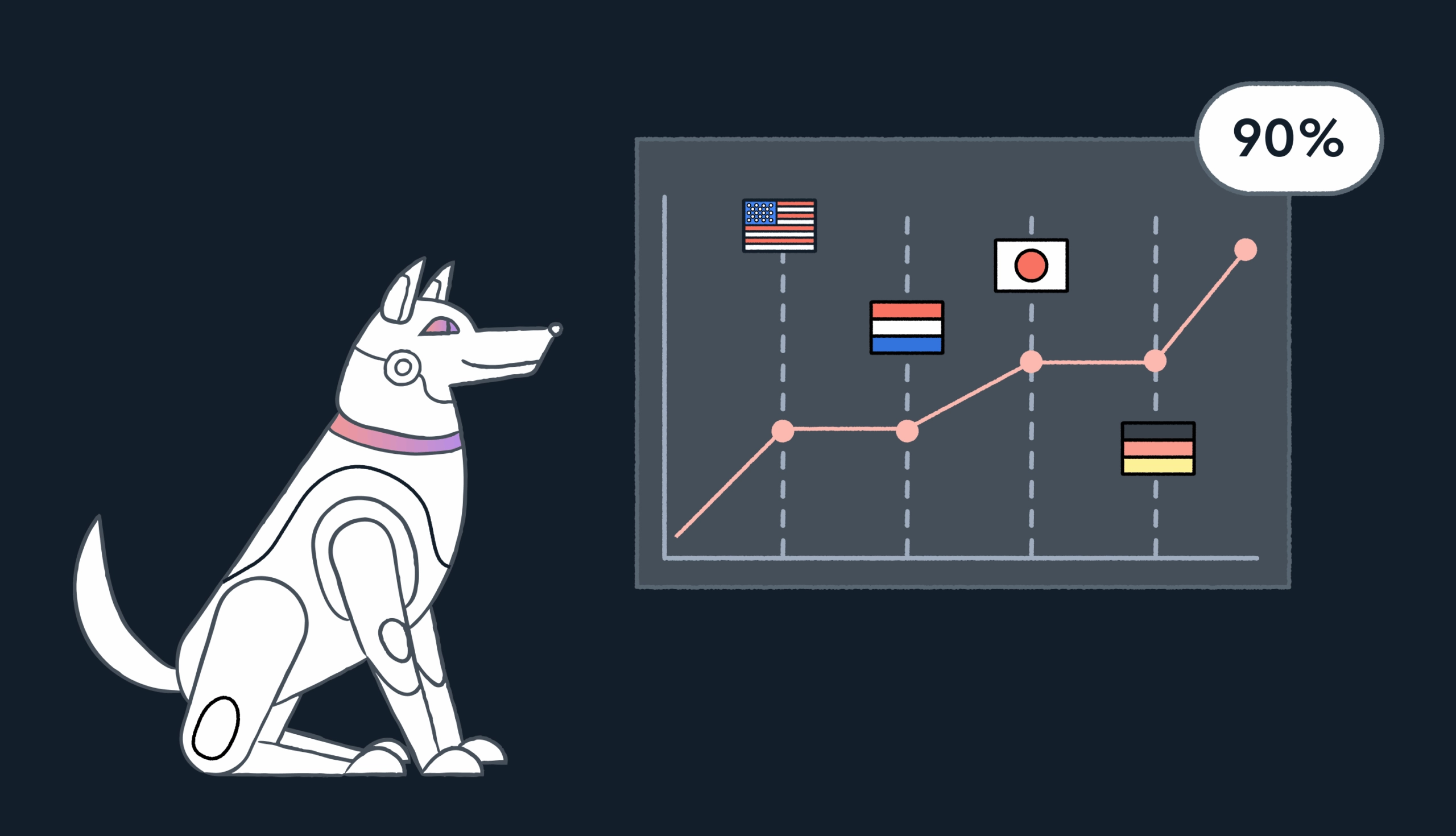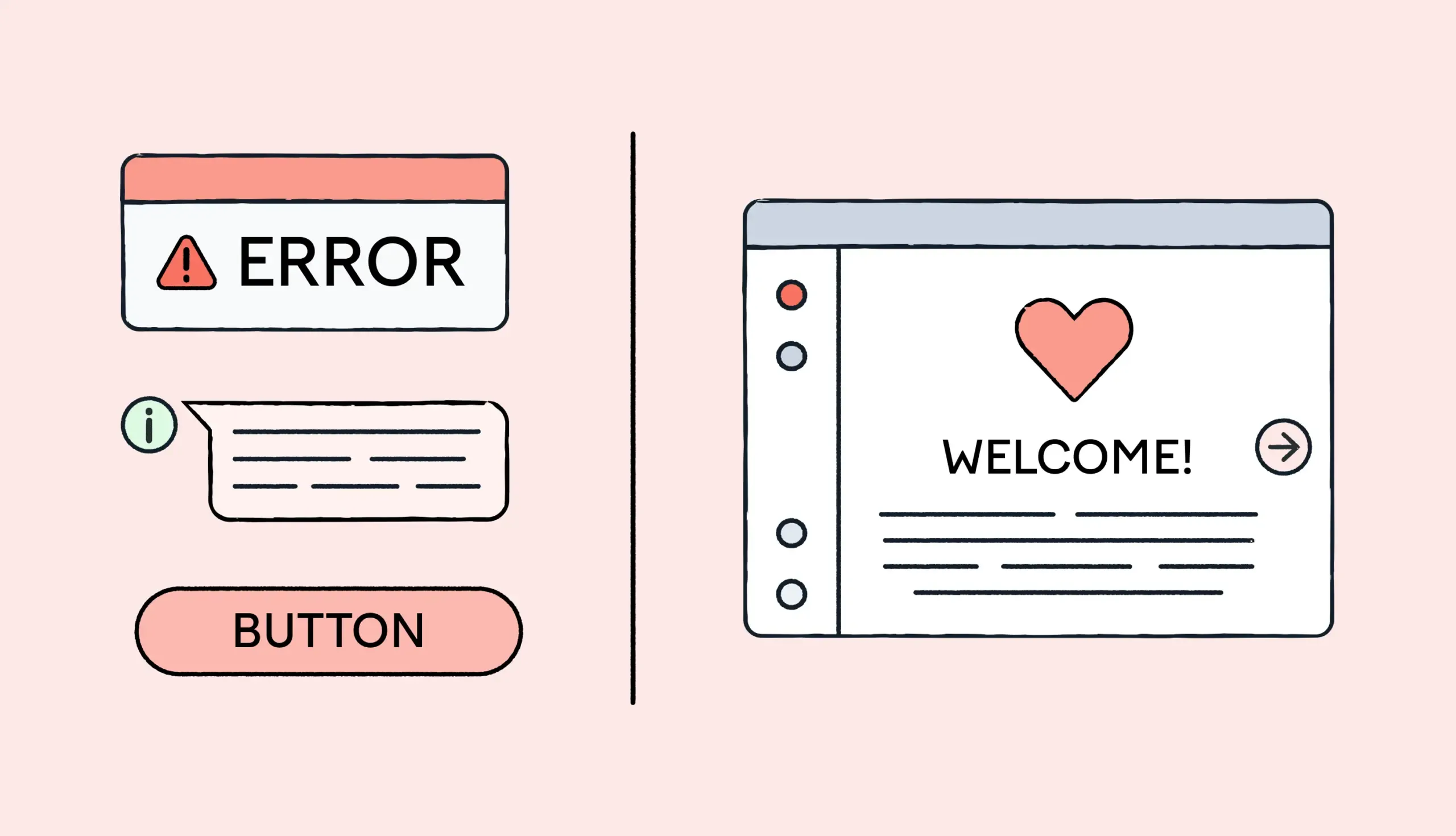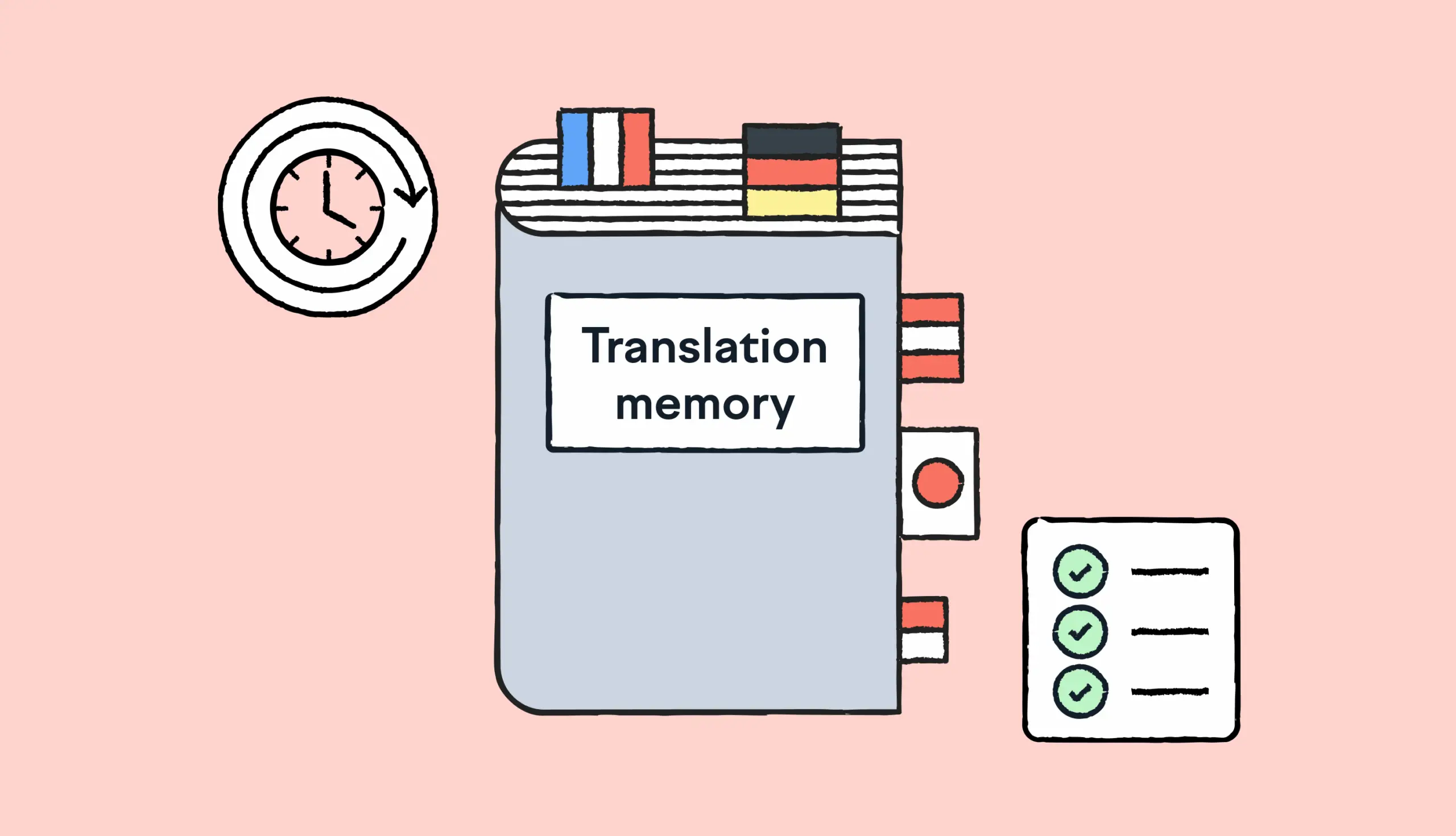E-learning translation 101: How to build content that travels well
Translating your e-learning content is never a straight and easy path. You have to rethink the entire learning experience to make it feel natural and seamless in a different language. That means every element, from text and subtitles to graphics, voice-overs, and quizzes, has to line up perfectly. The problem? Most teams treat translation as a last step. When you roll out your e-learning resources, you realize that the subtitles don’t match the narration, gr
Updated on October 15, 2025·Shreelekha Singh Season 1, Episode 2: AI amnesia, health tech, and why humans are hard to emulate
In this episode of AI Navigators, we sit down with Sasho Savkov, Engineering Manager for the AI/ML team at Lokalise. With a PhD in clinical information extraction and nearly a decade building healthcare solutions, Sasho brings a unique perspective on what’s actually working versus what’s just noise. He challenges one of the biggest assumptions in AI today: that current single-shot learning approaches will lead us to human-level intelligence. His insights rev
Updated on September 9, 2025·Rachel Wolff RAG vs the buzz: How Retrieval-Augmented Generation is quietly disrupting AI
As a Product Manager leading AI innovations at Lokalise, I’ve been closely following the latest AI news and filtering out the noise that inevitably comes with a revolutionary tech boom. AI has moved incredibly fast since ChatGPT exploded into the mainstream in late 2022, what I like to call ‘the GPT moment’. We’ve seen major model releases roughly every few months, from GPT-3.5 through GPT-4, GPT-4o, and most recently GPT-5 with its integrated reasoning capabilities launched in Au
Updated on September 12, 2025·Adam Soltys How to Win Organic Visibility with SEO Translation
You’ve meticulously translated your content into French, Spanish, and Arabic. But traffic is still flatlining across all these markets. Why? Because your website is practically invisible to search engines. The problem? You’re translating content only for linguistic and cultural accuracy, not for search engines. SEO translation modifies your content based on how people search and what search engines prefer in a local market. It maintains linguistic accuracy and cultural conte
Updated on August 29, 2025·Shreelekha Singh AI translation quality achieves human parity: Is this the end of language barriers?
To paraphrase Captain Kirk, AI has boldly gone where no machine has gone before: it has finally reached human-level translation quality. But this doesn’t mean we’re done with AI translation. Far from it. We’re only just getting started, and the possibilities are both endless and exciting. After decades of clunky, error-prone, and literal-sounding machine translation, we’ve reached a pivotal moment where automated translation matches human quality. When fed t
Updated on August 13, 2025·Rachel Wolff Transcreation vs. translation: What’s the difference, really?
A Super Bowl ad and a product specification document don’t cross borders the same way. The ad demands alchemy, words rebuilt so they spark the same laugh or surge of confidence in every culture. The spec demands accuracy. Every term exact, every unit precise. That’s what transcreation vs. translation is about. Keep reading to discover where each method shines, how to spot the difference on sight, and why smart teams often blend both to reach hearts and hit compliance worldwi
Updated on July 21, 2025·Mia Comic Unexpected benefits of translation memory
You know that déjà-vu feeling when a phrase you swear you translated last month shows up in a new project? Translation memory (TM) is the tool that makes you resurface the right translation in seconds. It’s a smart database that saves each source segment and its approved translation, then offers it back whenever the same (or even a similar) string pops up. Picture Google Docs’ autocomplete, but for every language you localize. In this guide you’ll learn how translati
Updated on July 1, 2025·Mia Comic 5 Best Translation Management Systems to Make Projects Easy
The traditional translation management system (TMS) is dead. It doesn’t support the many moving parts of the multilingual content lifecycle, such as managing linguistic assets and syncing with design systems to integrating with codebases, automating QA, and coordinating stakeholders across functions. Modern TMS solutions go far beyond translation. They bring together translators, developers, marketers, and designers under one roof. But with dozens of transla
Updated on July 1, 2025·Shreelekha Singh 







